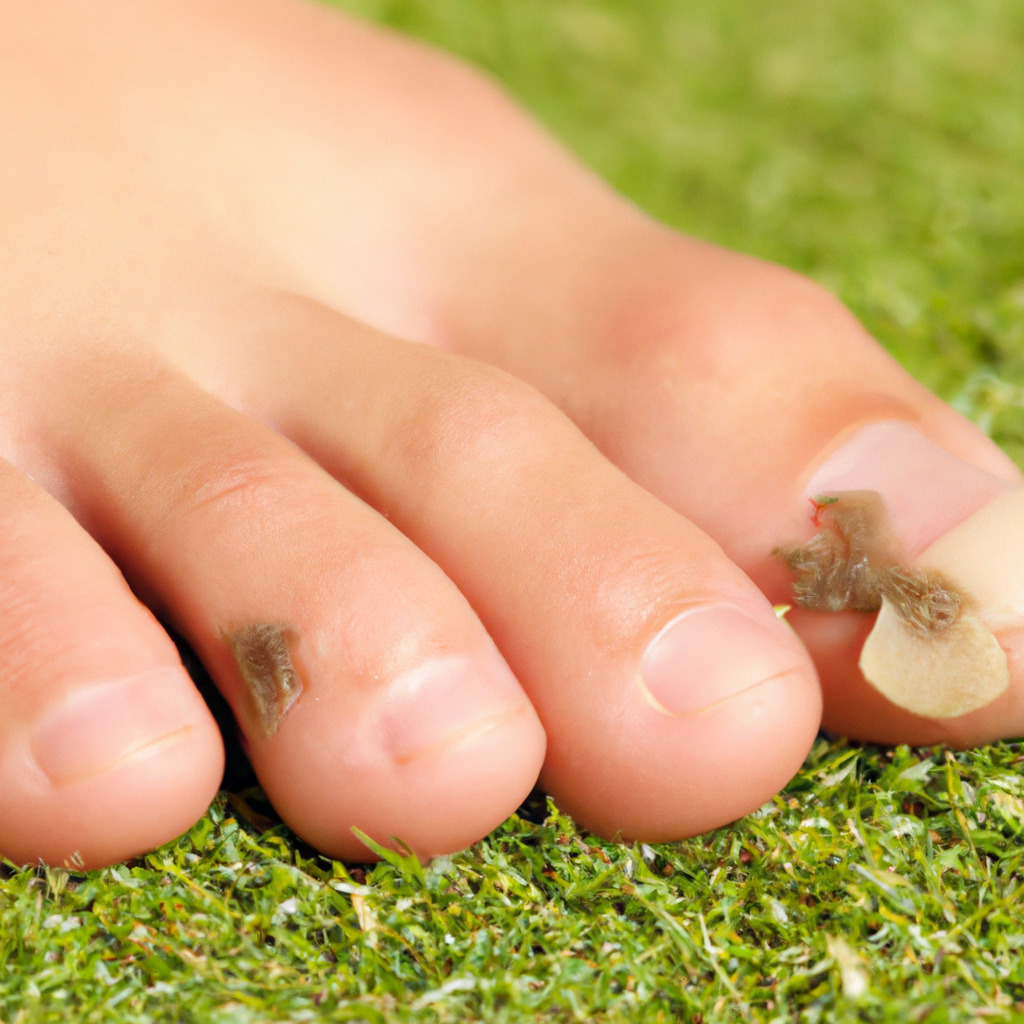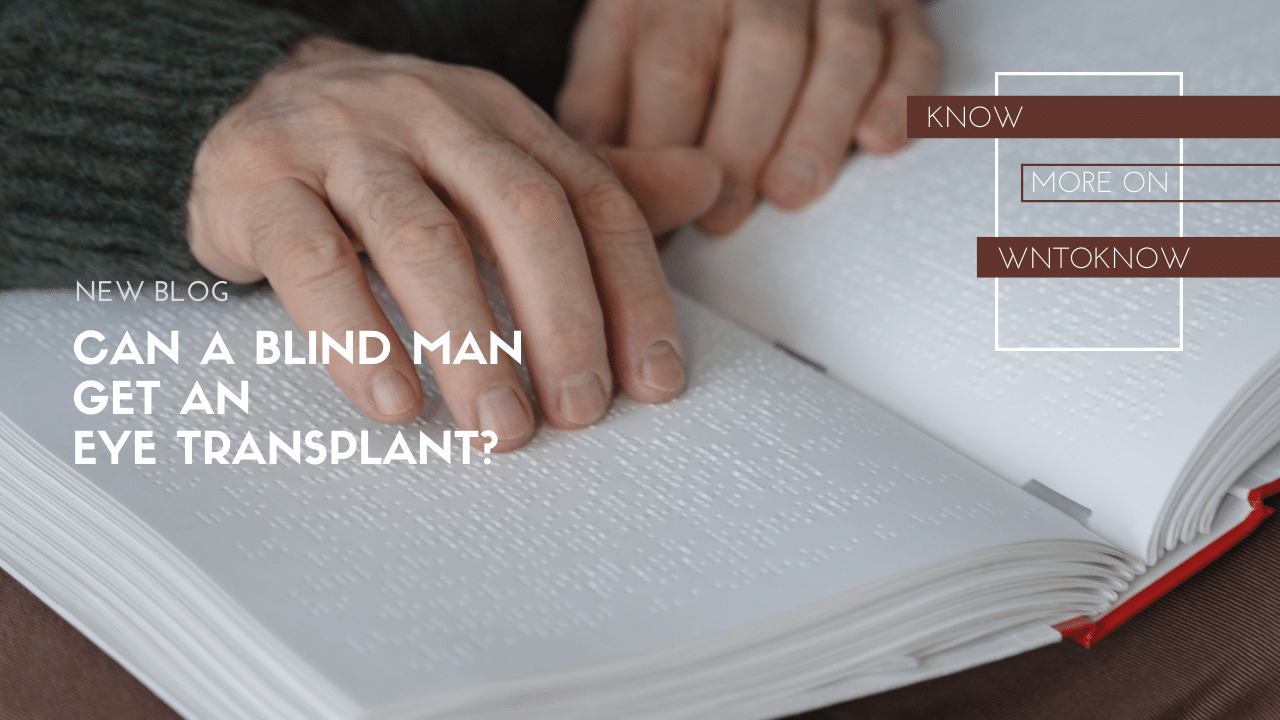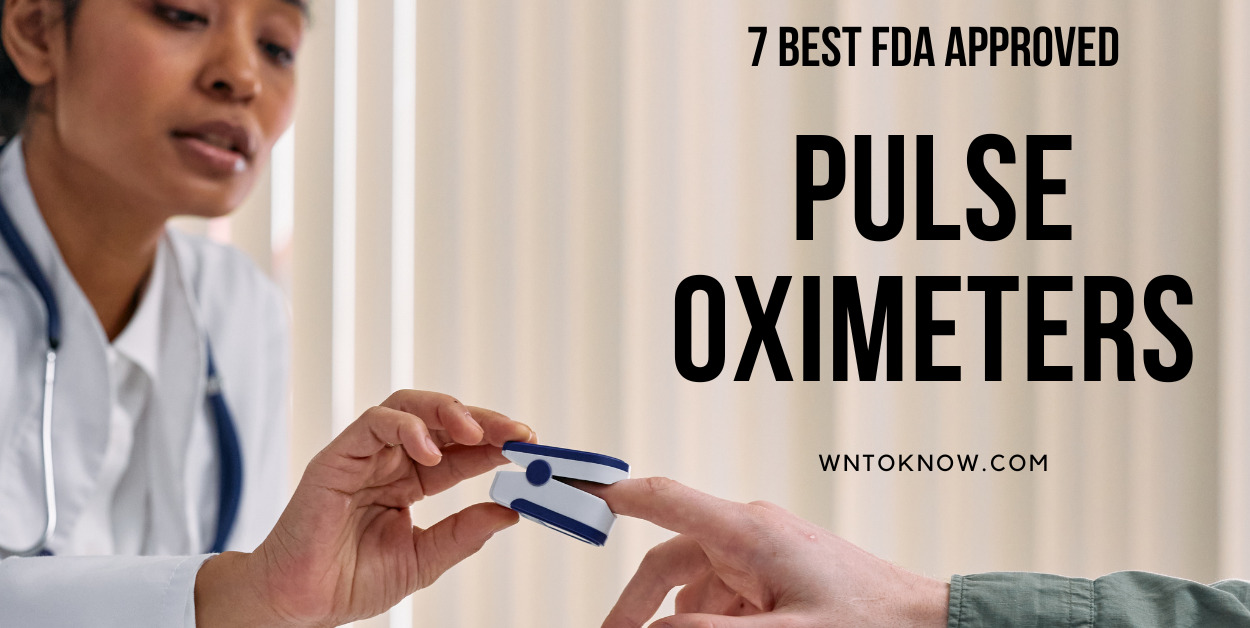Running in cold weather with your mouth open can cause tooth sensitivity, resulting in mild to moderate pain in the teeth. If you have sinuses, the increased blood blow while running can build up pressure in your sinuses, causing sinus infection and pain. Moreover, people who often grind their teeth can also feel pain while running. In some cases, dental pain may signify an underlying periodontal disease.
Let’s understand the causes of teeth pain:
Cold Sensitivity
Some people’s teeth are sensitive to hot and cold temperatures, which includes the air and water as well. Exposing your teeth to cold air while running can make them hurt.
The part above the gum line is known as the crown of the teeth, protected by a layer of enamel. Similarly, cementum in the layer presents underneath the gum line protecting the tooth root. Now underneath both the enamel and cementum lies the dentin. Meaning dentin is protected by the enamel and cementum of your mouth.
The dentin is less dense than enamel, and the cementum contains microscopic tubules. Deterioration of enamel and cementum can make your dentin vulnerable, allowing heat, cold, acidic, or sticky foods to reach the nerves and cells inside the tooth. That’s how your teeth develop hypersensitivity. Receding the gum line can also expose dentin to hypersensitivity.
Possible causes of hypersensitivity of teeth include:
- Tooth decay
- Worn-out fillings
- Gum disease
- Worn-out tooth enamel
- Fractured teeth
- Exposed tooth root
How to prevent teeth hypersensitivity while running?
Try running your mouth closed. You should breathe in through your nose and breathe out through your mouth. The cheeks, tongue, and lips will provide insulation to your teeth, keeping them away from hypersensitivity.
Teeth Hypersensitivity Treatments:
You can use certain in-home or in-office dental treatments for teeth hypersensitivity, such as:
Desensitizing toothpaste: The active compounds in desensitizing toothpaste can block of transmission of sensation from your tooth surface to the nerve. However, you may need more than one application to experience its full effect.
Fluoride gel: Your dentist may apply fluoride gel on your teeth to strengthen your tooth enamel and protect exposed dentin.
Crown, inlay, or bonding: They are usually used to protect a broken, chipped, or root-canaled tooth from exposure to sensitivity.
Root Canal: If your tooth sensitivity is not going through other treatments, there may be an underlying infection that you are unaware of. In this case, your density may perform a root canal treatment to eliminate the problem from the root.
Above all, you need to practice proper oral hygiene to prevent any future occurrence of tooth sensitivity.
Bruxism
Bruxism refers to a condition where people unconsciously grind their teeth, especially during sleep or stress. If you grit or grind your teeth while running, there is a chance the pain in your teeth might be due to bruxism. While running, your teeth may get locked together by the frequent vibration caused by your body. This may also cause bruxism.
Although stress and anxiety can contribute to bruxism, the most common occurrence of teeth grinding happens during sleep. Patients with sleep apnea may develop bruxism. It may also occur if you have an abnormal biter, missing, or crooked teeth.
Since grinding often occurs during sleep, people often remain unaware of it. However, symptoms such as a sore jaw and constant headache after waking up can direct towards bruxism. If you suspect bruxism as the cause of your teeth pain while running, you must contact your doctor for any signs such as jaw tenderness and excessive worn-out teeth.
Chronic teeth grinding may result in a fractured loss or loosening of teeth. Severe bruxism can cause other issues such as TMD/TMJ, change in jaws shape, and your face’s appearance.
How to prevent teeth grinding (bruxism) while running?
Keep your teeth apart while running. Relaxing your jaws and keeping the muscles around your mouth loose can also help in preventing bruxism.
Bruxism (teeth grinding) treatments:
Teeth grinding can be fixed through bridges, crowns, implants, partial/complete dentures, and root canal treatments.
Your doctor may prescribe you wear a mouth grind to protect your teeth while sleeping. If your doctor diagnoses stress as the leading factor for your teeth grinding, they may prescribe you stress counseling, special exercise programs, muscle relaxants, and physical therapy.
Meanwhile, you can try some at-home tips to stop teeth grinding, such as:
- Avoiding food and drinks such as coffee, sugar, sugary drinks, chocolates, and cakes
- Avoiding alcohol consumption
- Avoid chewing non-edible objects such as pencils, pens, etc.
- Cut back chewing gum as it makes your jaws clench more, resulting in more teeth grinding
- Training yourself not to clench or grind your teeth
- Relaxing your jaw muscles holding a warm cloth against your cheeks
Sinus Infection (Sinusitis)
Sometimes hurting teeth has nothing to do with your teeth themselves. A sinus infection can also be a reason behind a toothache.
Sinuses comprise four air-filled spaces distributed around your eyes, forehead, and cheekbones near your eyes. Their work is to filter the air in your nasal cavity, making them warmer or moist at your nearby temperature. They also release mucus, which is drained through your nasal cavity and keeps the nose clean. A blockage of these sinus regions can result in fluid accumulation, leading to an infection.
The accumulated fluid in your sinus path can develop congestion and build pressure developing discomfort or pain in your upper teeth. This is because the root of the upper teeth and jawbones lies closely with the sinuses. Sometimes the ache in your upper teeth can spread to your lower teeth. This condition is known as referred pain.
Since the symptoms of a regular toothache seem similar to a sinus toothache, people often get confused. However, the primary sign of a sinus toothache is that it happens on the upper morals. As a result, you may feel pain on several teeth at once.
Symptoms of sinus toothache:
Dental pain due to sinus infection is often intensified by specific movements such as jumping or bending due to the shift of sinus pressure through movement. A sinus toothache usually subsides when you lie down or sit.
A sinus infection often starts with a viral cold and turns into an infection. Primary causes of sinusitis include allergies, bacteria, fungal infection, or change in air temperature or pressure.
Other symptoms of sinus infection include:
- Allergy
- Head congestion
- Runny nose
- Cough
- Tenderness around nose, eyes, or forehead
- Discolored and thick mucus
- Ear pain or fullness in the ear
- Fever
- Halitosis (bad breath)
- Loss of smell and taste
- Sore throat
- Hoarse voice
- Nasal drip
How to prevent sinus toothache while running?
Sinus toothache can be prevented by taking a lot of fluids or water in-between running. This helps clear out the nasal blockage and relieve you from dental pain. Additionally, you can take other treatments such as stream breathing and sinus flush. You may use decongestant nasal sprays occasionally, but don’t use them frequently, as you may develop a tolerance over time.
Sinus infection treatments:
Your doctor may prescribe your decongestant, steroid nasal sprays, and mucus-thinning medicines to treat sinusitis. Sometimes allergy-relieving pills may also work. If other treatments do not work, your doctor may prescribe you antibiotics to clear out the bacterial infection. If your sinusitis is caused by structural issues, you may require surgery.
Sinus infection toothache treatments:
- OTC pain relievers such as ibuprofen (Advil, or Motrin), acetaminophen (Tylenol), or Aspirin
- Hold and cold therapy
- Saltwater rinse
Periodontal Diseases
Sensitive teeth can signify something more significant such as periodontal disease. When you walk or run, it increases the blood flow in your body, which raises the inflammation in your mouth, causing aching of teeth.
Untreated periodontitis can lead to tooth loss and increases the risk of stroke, heart attack, and other severe conditions.
Periodontitis is an inflammation around the tooth caused by bacterial accumulation on the tooth’s surface. It can develop plaque-causing tooth discoloration and bad breath.
Symptoms of periodontal diseases include:
- Inflamed or swollen gums
- Red or purple gum
- Receding gum
- Extra spaces between teeth
- Pus between the teeth and gum
- Metallic taste in the mouth
- Loose teeth
- Pain or sensitivity in gums
- Bad breath or halitosis
How to prevent periodontitis toothache while running?
A toothache caused by periodontitis can only be treated by a periodontist. Meanwhile, you can take some OTC pain relievers. However, we strongly recommend getting your periodontitis treated as soon as possible.
Periodontal Disease Treatment:
Periodontal diseases are often treated with antimicrobial mouthwashes, antiseptic chips, antibiotic gel, antibiotic microspheres, enzyme suppressants, and oral antibiotics.
For advanced periodontitis, you may have to go for surgical options such as flap surgery, bone & tissue grafts, and guided tissue regeneration (GTR).
Conclusion
It’s always better to uproot the issue as a whole than apply a patch to it. The best thing to do is visit a dentist and run a proper diagnosis to know the reasons behind your tooth pain and get treated as soon as possible. If you’re searching for a reliable dental expert right now, you can check out this one that offers services like bridges, dental implants, and teeth whitening in Lunenburg.



